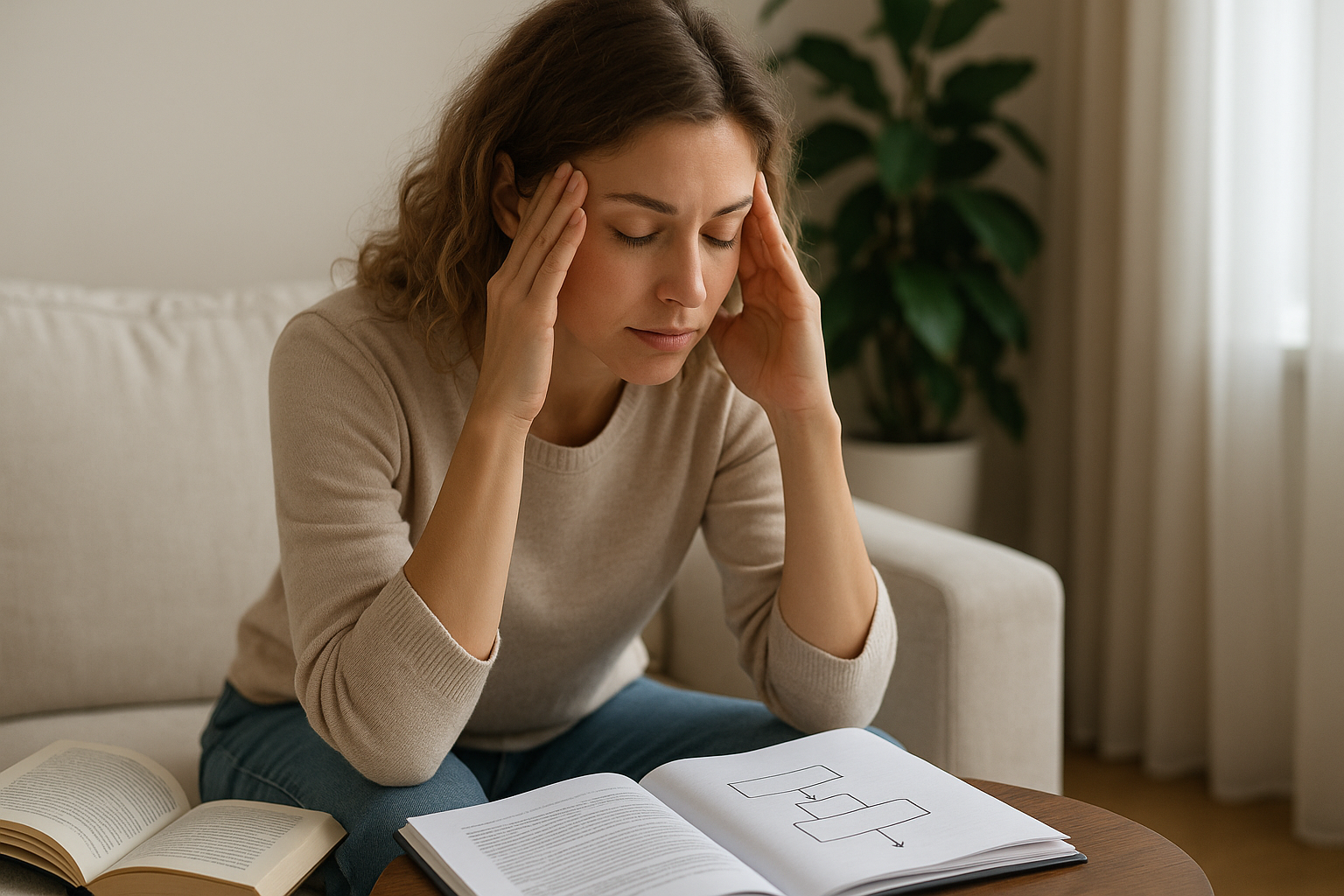In today’s fast-paced, high-pressure world, anxiety has become a common companion for many. With the ceaseless nature of digital connectivity, work demands, and daily life stressors, it is no surprise that mental health challenges are on the rise. More individuals than ever are seeking meaningful, effective solutions to manage anxiety and regain control of their wellbeing. Thanks to advances in psychological research and innovative digital tools like the Trankua App, relief is becoming ever more accessible. This article explores the science-backed approach of Cognitive Behavioral Therapy (CBT) for anxiety and how modern interventions provide immediate, practical support during moments of distress.
Understanding Anxiety and Its Impact
Anxiety is a natural response to stress or perceived danger. It often manifests as feelings of worry, nervousness, or fear. While a certain degree of anxiety can be motivating or adaptive, persistent anxiety can interfere with daily functioning, relationships, and overall health. Common symptoms include:
- Racing thoughts
- Difficulty concentrating
- Palpitations
- Shortness of breath
- Restlessness or irritability
These symptoms can be terrifying in the moment, sometimes escalating into full-blown panic attacks. Recognizing the need for reliable coping mechanisms is the first step towards reclaiming tranquility and building resilience.
The Science Behind Cognitive Behavioral Therapy (CBT)
Cognitive Behavioral Therapy is a gold standard psychological treatment for anxiety, supported by decades of empirical research (Research Output: -1749915626). At its core, CBT focuses on identifying and changing negative thought patterns (cognitions) and behaviors that fuel anxiety. The basic framework consists of:
- The cognitive model, which teaches that our interpretation of events creates our emotional responses, not the events themselves
- Behavioral strategies that encourage gradual exposure to fears and the adoption of healthier coping skills
- An emphasis on present-focused, practical tools for change
Numerous studies demonstrate that CBT effectively reduces symptoms of anxiety and prevents relapse. Unlike treatments that only mask symptoms, CBT empowers users with lifelong skills for managing emotional distress. For those navigating modern anxieties, it offers clear, step-by-step guidance for rewiring thought patterns and regaining peace.
CBT in Practice: Techniques That Make a Difference
CBT is not a one-size-fits-all process. It draws from a toolkit of evidence-based techniques, each designed to help individuals deal with anxiety in practical ways. Some of the most widely used CBT applications include:
- Cognitive restructuring: Recognizing and challenging irrational or unhelpful thoughts, replacing them with balanced alternatives
- Behavioral activation: Encouraging participation in meaningful activities to counteract avoidance
- Exposure therapy: Gradual, controlled confrontation of feared situations to reduce avoidance and build mastery
- Mindfulness and relaxation training: Anchoring in the present moment to decrease rumination and physiological arousal
For example, if someone experiences racing thoughts before a big presentation, CBT would help them identify catastrophic thinking (“I will embarrass myself”) and replace it with a more constructive outlook (“I have prepared well, and mistakes are human”). Over time, practicing these techniques can transform automatic responses to anxiety-triggering scenarios.
How Digital Tools Deliver Instant CBT Support
Despite CBT’s well-established benefits, accessing consistent therapy sessions is not always feasible for everyone. Barriers like cost, time, or stigma can delay much-needed support. This is where digital solutions like the Trankua App step in. These platforms make evidence-based CBT strategies available on demand, putting relief at your fingertips.
- Personalized exercises for different types of anxiety, from social nerves to sudden panic attacks
- Guided breathing and mindfulness routines tailored to acute stress moments
- Thought tracking tools to challenge negative patterns in real time
- Daily check-ins to map progress and build confidence
- Resources and psychoeducation to inform and reassure users as they practice
Imagine noticing a surge of anxiety while commuting. With just a few taps, you can access grounding exercises, track your thoughts, or receive a gentle coaching prompt, all discreetly via your smartphone. This seamless integration into daily life transforms how support is accessed, empowering users to take action anywhere, anytime.
Building Resilience and Long-Term Benefits
The biggest strength of CBT-based tools like Trankua is their focus on skill-building and resilience. Instead of merely distracting from symptoms, users gain practical methods for mastering their inner world. Key long-term benefits include:
- Increased self-awareness and emotional intelligence
- Better stress management and problem-solving skills
- Stronger, more flexible thinking patterns
- Reduced avoidance of meaningful experiences
- Greater confidence when facing uncertainty or adversity
With continued use, these benefits extend beyond moments of crisis. They foster a proactive, empowered approach to emotional wellbeing, allowing individuals to thrive—not just survive—in their daily lives.
If you are seeking a trusted, science-backed ally for managing anxiety, explore how the Trankua App delivers instant calm and proven CBT support. Restore your sense of control and build lasting tranquility, starting today. Download Trankua now and begin your journey toward peace.

